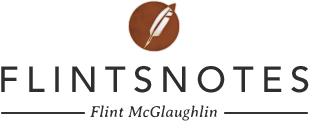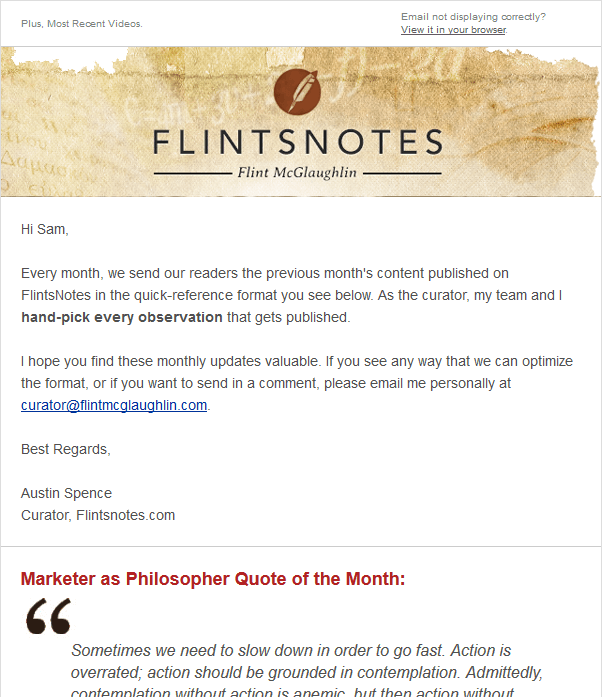Rousseau argued that the difference between man and beast is man’s “perfectibility” — roughly, that is man’s ability to improve “self.” I find this a fascinating distinction. Whether it is right or not depends upon how you define the concept (a Wittgensteinian problem). Nevertheless, the general notion is stimulating. There is, at least to some extent, a propensity for man to grow, to extend his person, to expand on multiple levels. Moreover, I find that many of us capture a peculiar delight when we sense that we are moving upward — learning, progressing, improving.
What is it about us that drives this particular instinct? The secularist could connect this proclivity to evolution. If this is the case, then why does this trait seem more fundamental to the human being? What staggers me, and what motivates me the most, is when I see personal growth in those I am influencing, and when I experience personal growth within myself.
Moreover, if I relate this to a concept of the Ultimate, it produces a fascinating definition of deity. This is a definition that is derived from a characteristic, and yet encompasses that characteristic to become a certain descriptor (from at least one angle). I can grow forever, learning, developing, acquiring capacity/power and yet never reach the Ultimate. In other words, if I conceive of myself in the form of an arrowed line, that is a linear extension, which projects forever, I still cannot reach the God-concept. This bears deep reflection.
Perhaps I am distinguished from the animal, by the very nature of my potential to be this line. Perhaps I am distinguished from the Ultimate by the impossibility of me ever reaching the Ultimate, even though my project extends forever.

